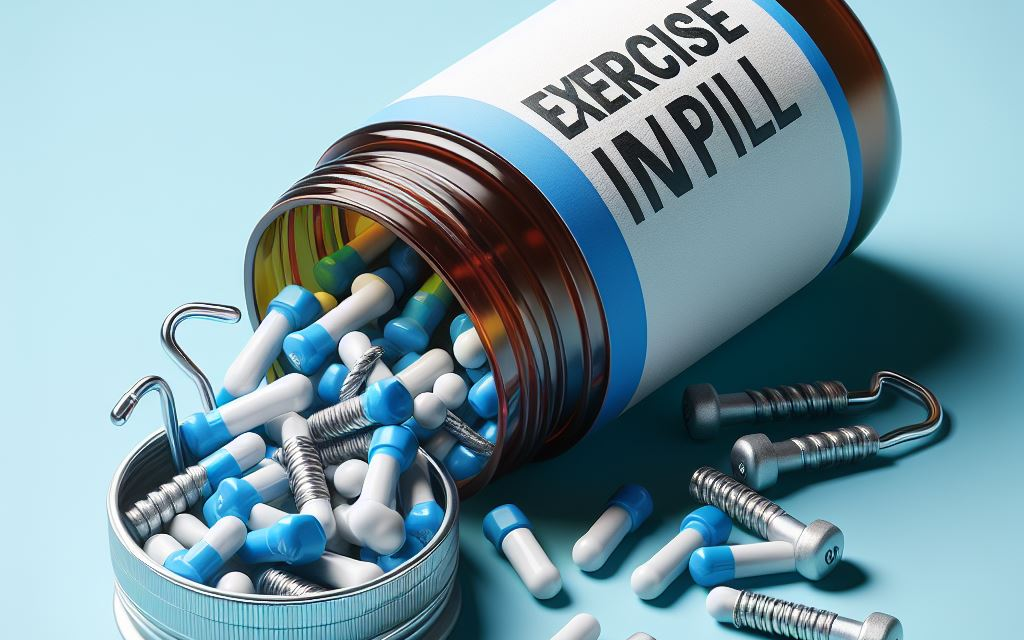In a groundbreaking leap towards revolutionizing the way we approach fitness, scientists are edging closer to a remarkable feat: an exercise pill. This futuristic concept, once relegated to the realms of science fiction, is now tantalizingly close to reality, thanks to pioneering research uncovering the intricate molecular dance that occurs within our bodies during exercise.
The quest for an exercise pill has long been fueled by the desire to harness the myriad benefits of physical activity without the need for strenuous workouts. Now, a study conducted by the Molecular Transducers of Physical Activity Consortium (MoTrPAC) has shed new light on the extraordinary ways in which exercise influences our biology, paving the way for targeted therapies that could replicate its effects.
MoTrPAC scientists embarked on a Herculean endeavor, analyzing over 9,000 samples to unravel the secrets encoded within our cells during endurance exercise. What they uncovered was nothing short of astonishing: a cascade of molecular changes spanning across all 19 organs investigated, from the heart to the brain, lungs, and beyond.
The ramifications of exercise extend far beyond mere muscle strength and endurance. It touches every aspect of our physiology, bolstering immune defenses, improving stress resilience, and even enhancing cognitive function. Perhaps most intriguingly, exercise emerges as a potent regulator of cellular health, fortifying our cells against the ravages of stress and age.
“This is the first whole-organism map looking at the effects of training in multiple different organs. The resource produced will be enormously valuable and has already produced many potentially novel biological insights for further exploration,” remarked Steven Carr, co-senior author of the study.
The tantalizing prospect of an exercise pill lies in its potential to democratize fitness, offering a lifeline to individuals constrained by injury, illness, or mobility limitations. From those recovering from injuries to individuals battling chronic health conditions, the implications are profound.
But amidst the excitement, it’s crucial to temper expectations. While an exercise pill holds promise, it can never fully replicate the holistic benefits of physical activity. The sheer complexity of exercise, encompassing a myriad of physiological and psychological responses, remains unparalleled.
“Exercise is a very complex process, and this is just the tip of the iceberg,” explained Pierre Jean-Beltran, co-first author of the study.
As we eagerly await further developments in this groundbreaking field, one thing remains abundantly clear: there’s no substitute for good old-fashioned exercise. Until the day arrives when an exercise pill can seamlessly mimic its multifaceted benefits, lacing up our sneakers and hitting the pavement remains the gold standard for optimizing health and well-being.
The study, offering a tantalizing glimpse into the future of fitness, is published in the prestigious journal Nature.











